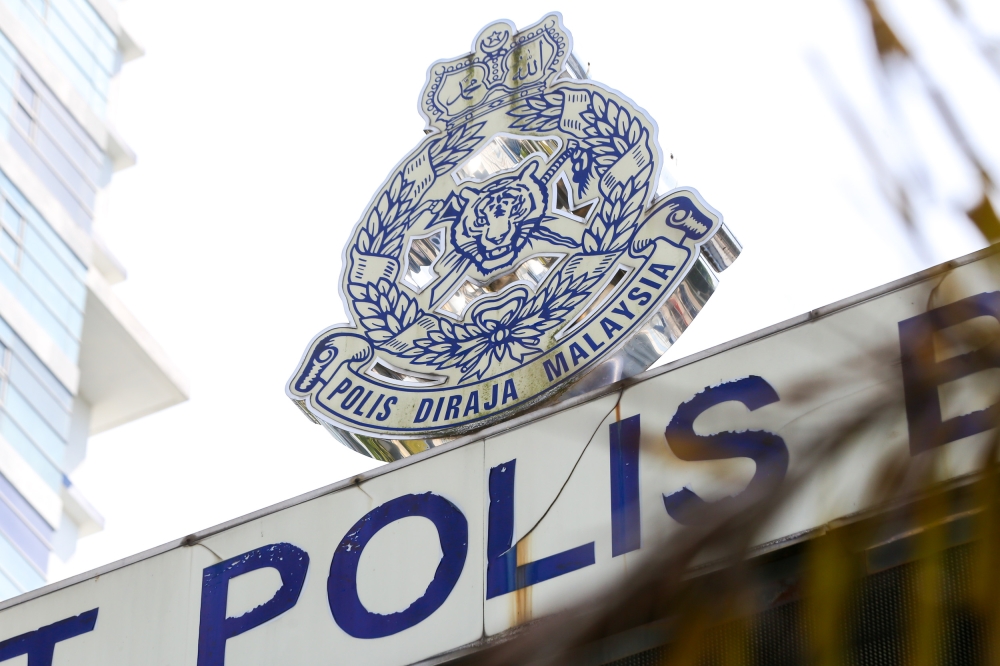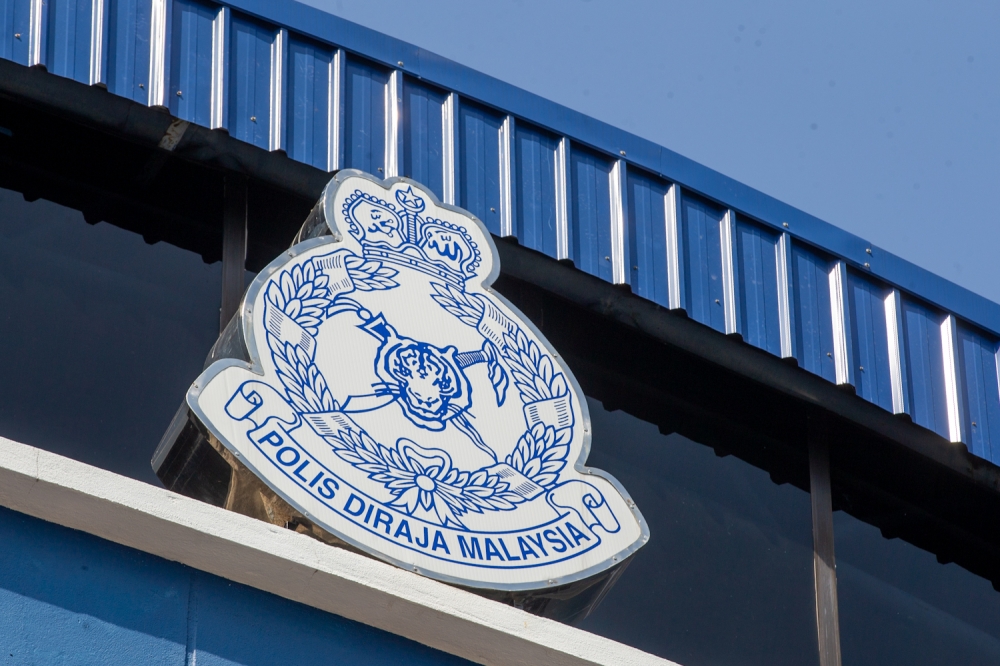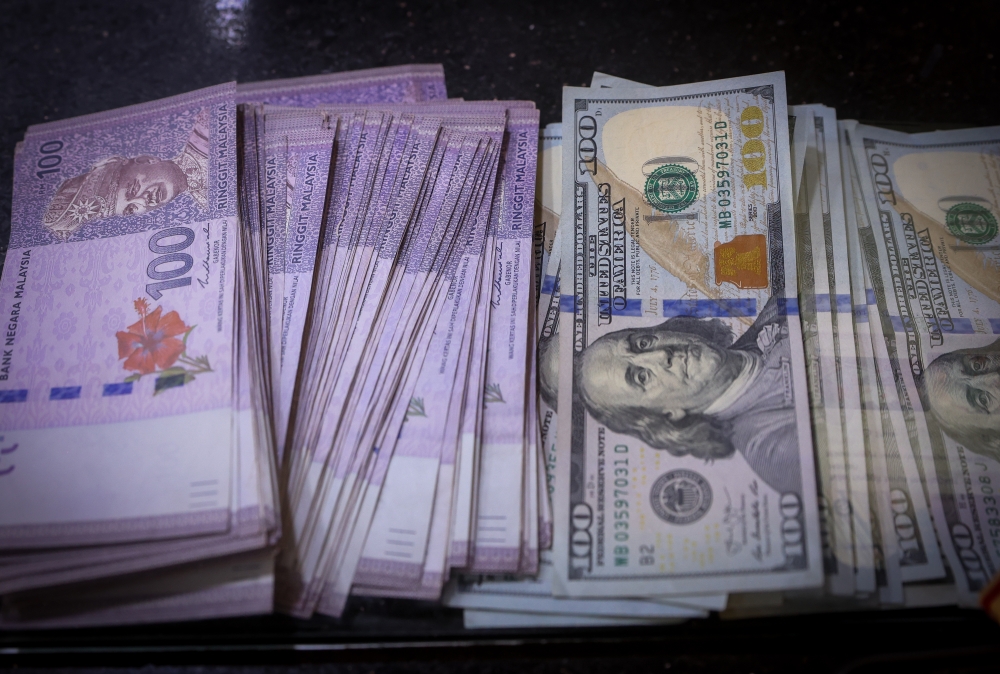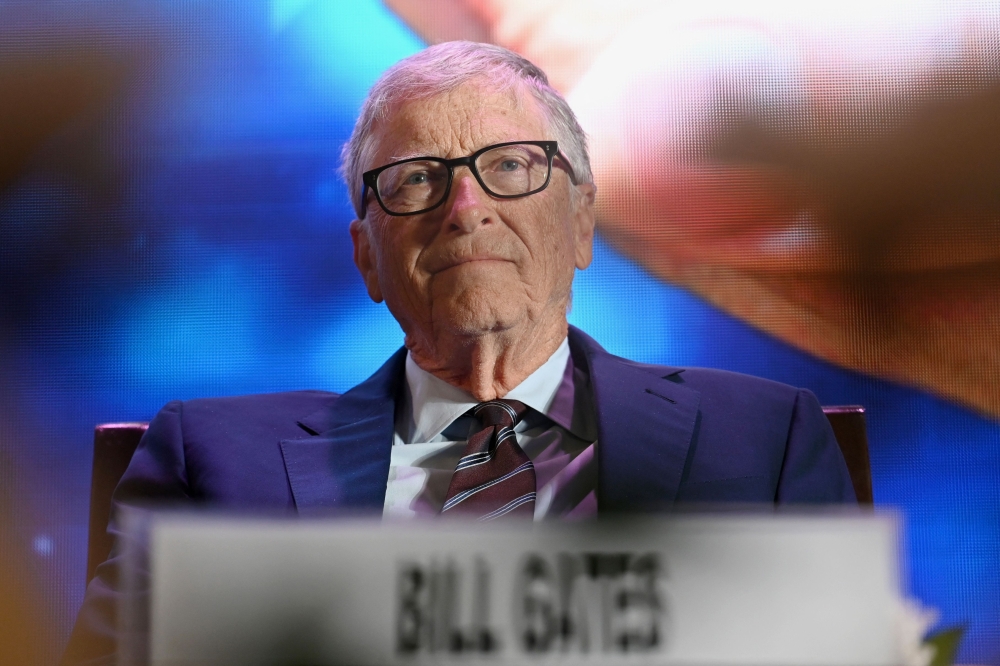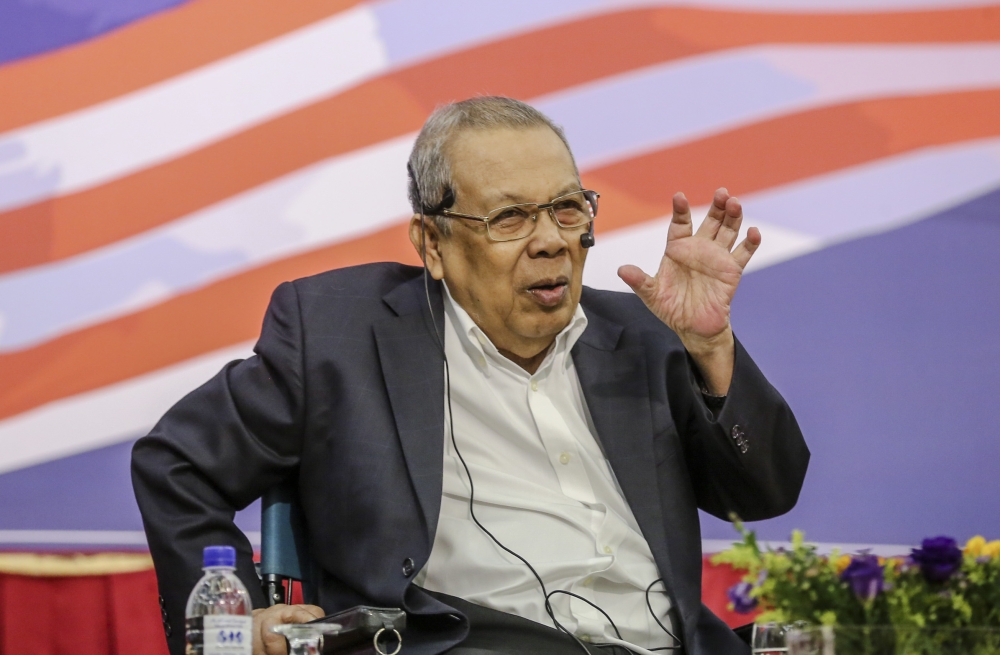LONDON, April 25 — Britain’s state-rescued Royal Bank of Scotland said today that chief executive Ross McEwan is to step down after having steered it to a strong financial position.
New Zealander McEwan has been at the helm since 2013 and helped guide the Edinburgh-based giant to a steady recovery with a drastic restructuring following its dramatic bailout during the 2008 global financial crisis.
The news comes after RBS revealed in February that it enjoyed its second successive year of profit in 2018, further cementing its recovery.
“RBS announces that Ross McEwan has resigned from his role as chief executive officer and executive director,” read a group statement today, the eve of its first-quarter results.
The 61 year-old has a 12-month notice period and will remain at the helm until a successor has been appointed.
“For the past five and a half years Ross has worked tirelessly to make the bank stronger and safer and played the central role in delivering a return to profitability and dividend payments to shareholders,” said chairman Howard Davies.
“The board and I are grateful for the huge contribution Ross has made in one of the toughest jobs in banking.”
Davies said McEwan’s “successful execution of the strategy to refocus the bank back on its core markets here in the UK and Ireland has helped to deliver one of the biggest UK corporate turnarounds in history”.
The bank was saved at the height of the financial crisis with £45.5 billion of taxpayers’ cash in what was the world’s biggest banking bailout.
McEwan has overseen a massive overhaul of operations, slashing the lender’s investment banking activities and axing tens of thousands of jobs.
In total, RBS suffered net losses of about £60 billion since the state rescue.
The lender, in which the British government still has a 62.4-per cent stake, was at one stage more than 80 per cent state-owned.
In February, RBS revealed that net profits more than doubled in 2018 thanks to lower costs and an improved trading performance, extending its recovery.
Profit after tax jumped to £1.62 billion last year.
And in 2017, the lender enjoyed its first annual bottom-line profit since 2007 — before its bailout — after a huge drop in litigation costs.
The bank’s recovery was further hampered by costs totalling billions of pounds to settle litigation cases following its roles in the US subprime mortgage and Libor rate-fixing crises.
‘Never easy to leave’
“After over five-and-a-half very rewarding years, and with the bank in a much stronger financial position, it is time for me to step down as CEO,” McEwan said today.
“It is never easy to leave somewhere like RBS.
“However with much of the restructuring done and the bank on a strong and profitable footing, I have delivered the strategy that I set out in 2013 and now feels like the right time for me to step aside.”
RBS was last year fined US$4.9 billion by the US Justice Department over its role in the subprime housing crisis that sparked the 2008 meltdown.
Britain in June resumed privatisation of RBS with the sale of a 7.7-per cent chunk of RBS for £2.5 billion.
The Conservative government led by Prime Minister Theresa May is seeking to sell two-thirds of its total stake for roughly £15 billion over a five-year period. — AFP



